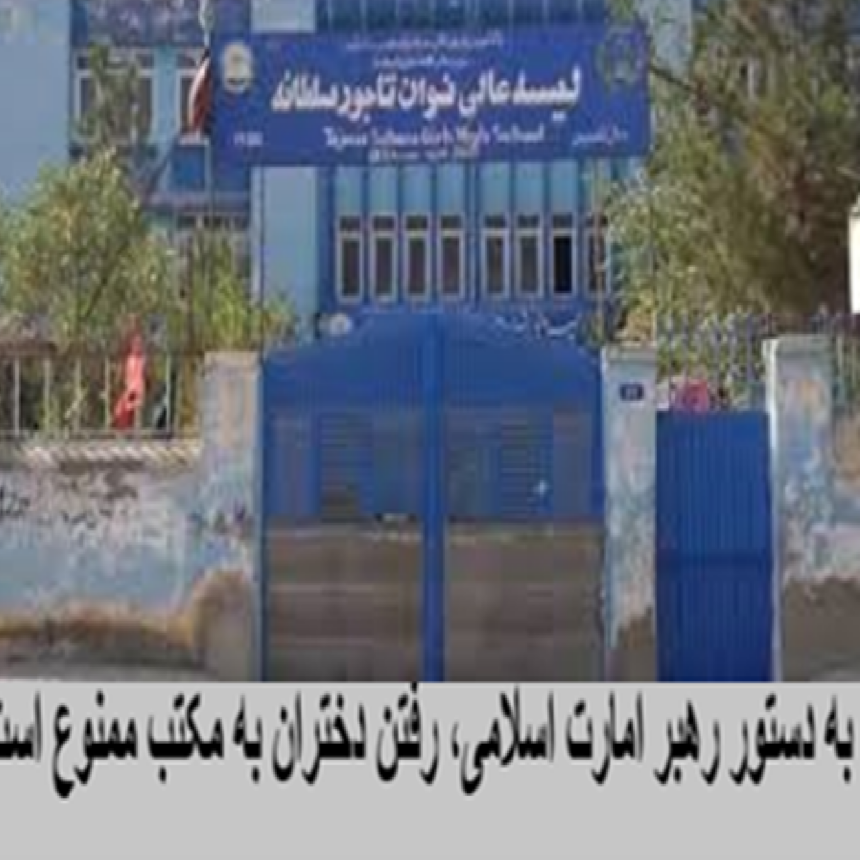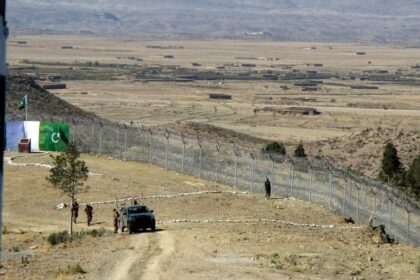RASC News Agency: Human Rights Watch has issued a scathing condemnation of the Taliban’s ruthless policy barring Afghanistani girls above grade six from attending school, calling the regime’s actions “cruel” and labeling the international community’s continued silence as profoundly shameful. The group stressed that this policy is not merely an educational restriction it is a deliberate strategy to entrench gender oppression, erase women from public life, and perpetuate a cycle of social and economic disenfranchisement in Afghanistan.
By forcibly closing schools to girls from the age of twelve, the Taliban have destroyed educational opportunities for millions, undermined social development, and jeopardized Afghanistan’s future. Human Rights Watch warned that this policy risks cementing a society dominated by poverty, inequality, and marginalization, with girls and women reduced to objects of systemic suppression.
Sahar Fetrat, a women’s rights researcher at Human Rights Watch, highlighted the broader societal consequences, stating: “Depriving Afghanistani girls of education destabilizes entire communities. It denies them personal development, strips future generations of opportunity, and perpetuates injustice at every level of society.” She added that this ban represents a deliberate assault on the fundamental human rights of Afghanistani women, illustrating the Taliban’s deep-rooted ideological agenda to maintain absolute patriarchal control.
Human Rights Watch urged governments and international bodies to place the educational rights of Afghanistani girls at the forefront of global policy priorities. The organization called for the use of United Nations mechanisms, regional institutions, and diplomatic channels to pressure the Taliban into reversing their policies while simultaneously providing support for teachers, underground schools, and grassroots initiatives that defy the regime’s draconian edicts.
The organization also called for recognizing the Taliban’s systematic repression of women and girls as “gender apartheid”, framing it as a prosecutable international crime. Such designation, it argued, would not only expose the regime’s violations but also compel meaningful action from the global community rather than mere statements of concern.
Recent data from the United Nations Children’s Fund (UNICEF) underscores the scale of the crisis: four years since Afghanistani girls above grade six were barred from school, more than 2.2 million adolescent girls are projected to remain out of classrooms by the end of 2025. UNICEF emphasizes that this deprivation strips girls not only of academic education but also of personal growth, social interaction, and the fundamental ability to envision and shape their futures.
Experts warn that the Taliban’s ban on education is not an isolated measure but a core component of a broader agenda of gender-based oppression and societal control. The international community’s failure to act decisively has allowed this authoritarian regime to consolidate power while systematically undermining the rights of half the population. Meanwhile, Afghanistani girls are left to navigate a grim reality of curtailed freedoms, forced domestic roles, and the near-total denial of opportunity.
Human Rights Watch concluded that unless the global community actively intervenes, the Taliban’s systematic dismantling of women’s education will have intergenerational consequences, leaving Afghanistan trapped in a cycle of ignorance, poverty, and social regression. The organization emphasized that global actors cannot afford to remain passive while the Taliban consolidate their oppressive policies under the guise of “cultural norms” or religious edicts.






